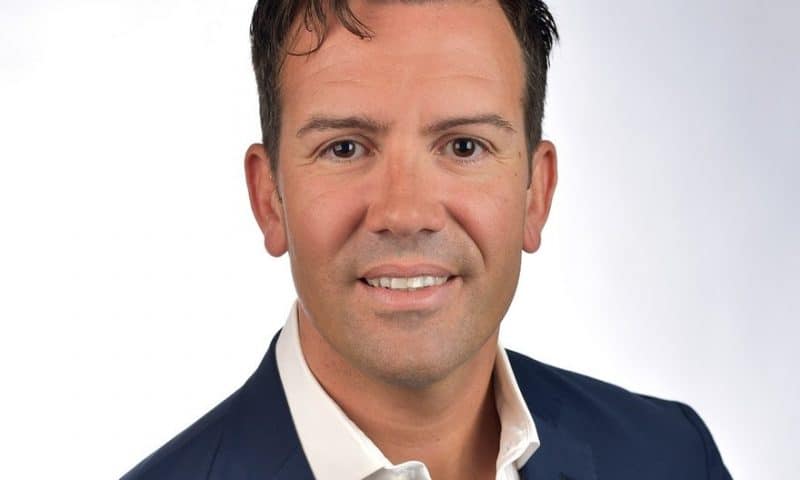Alentis Therapeutics wants to bring the first anti-fibrotic treatment to address underlying liver and kidney diseases into the clinic, and a new cash infusion of $67 million will help.
Chinese venture firm Morningside Venture Investments led the series B financing with participation from new investor, the French private equity firm Jeito Capital, and existing backers like BioMed Partners. Alentis wants to advance into the clinic therapies that go after the novel target Claudin-1 (CLDN1) to treat liver fibrosis, kidney fibrosis, hepatobiliary cancers and potentially other indications.
The Swiss biotech, with an R&D arm in France, is attempting to change the “fibrotic course of the disease” versus the approach that most competitors take, which involves a metabolic activator that addresses the disease indirectly, said CEO Roberto Iacone, M.D., Ph.D., in an interview.
This direct anti-fibrotic approach along with a management team that boasts a Roche pedigree and the potential for several indications attracted Jeito Capital, according to the firm’s founder and CEO Rafaèle Tordjman. She will join the Alentis board in conjunction with the funding.
“There is no direct anti-fibrotic to our knowledge,” Tordjman said in an interview.
The monoclonal antibodies developed by Alentis bind to Claudin-1, a protein that maintains a barrier between epithelial cells which line the surfaces of the body including in the liver. The CLDN1 target comes from research conducted by Thomas Baumert, M.D., at the University of Strasbourg and the French National Institute of Health. Alentis is also working with Mount Sinai Hospital and University of Texas Southwestern for single-cell RNA-sequencing of patient liver tissues.
CLDN1 first came forward as a target through research that first looked at the hepatitis C virus, which is a major cause of fibrosis and liver disease, according to Baumert. Targeting this protein is meant to prevent the “fibrosis cliff” so that patients do not require liver transplants nor digress to cancer, he added.
Alentis is ready for clinical development and will recruit first volunteers in December for a phase 1 clinical trial of ALE.F02 for liver and kidney fibrosis. The company will then do a proof-of-concept in the first quarter of 2023, Iacone said.
To get there, Alentis will hire an expert in kidney and liver fibrosis for indication expansion by autumn plus a chief medical officer to oversee the phase 2a proof of concept study by early next year, the CEO added.
Alentis has also commenced a process to search for potential partners. Iacone did not say who he has talked to in initial discussions, but he sees Alentis’ full fibrosis model as filling a gap in the pharmaceutical industry landscape.
“There is not a pharma that does all of the fibrosis,” he said. “But from initial discussions, what really has been astonishing to them, as a life cycle expansion, this is the perfect fit.”
Iacone has both Big Pharma and biotech startup experience. He co-founded Bright Peak Therapeutics and Ridgeline Therapeutics and helped build precision oncology medicine company Black Diamond Therapeutics to an initial public offering in 2020. Prior to building his start up bonafides, he spent a decade at Roche, where he led global rare diseases research. Alentis VPs Markus Meyer, Ph.D., and Valentina Aureggi, Ph.D., also spent time at Roche.
The liver fibrosis space took a big hit last month when NGM Biopharmaceuticals’ therapy aldafermin missed its primary goal in a phase 2b trial of patients with nonalcoholic steatohepatitis (NASH). The study targeted patients with NASH and stage 2 or 3 liver fibrosis but was unable to perform better than placebo. NGM pulled phase 3 plans after the midstage failure.
AbbVie is also betting on fibrotic diseases through a $20 million licensing deal with Morphic Therapeutic signed last August. Gilead Sciences and Novo Nordisk are also teaming up on a combo trial later this year in their liver fibrosis efforts.

